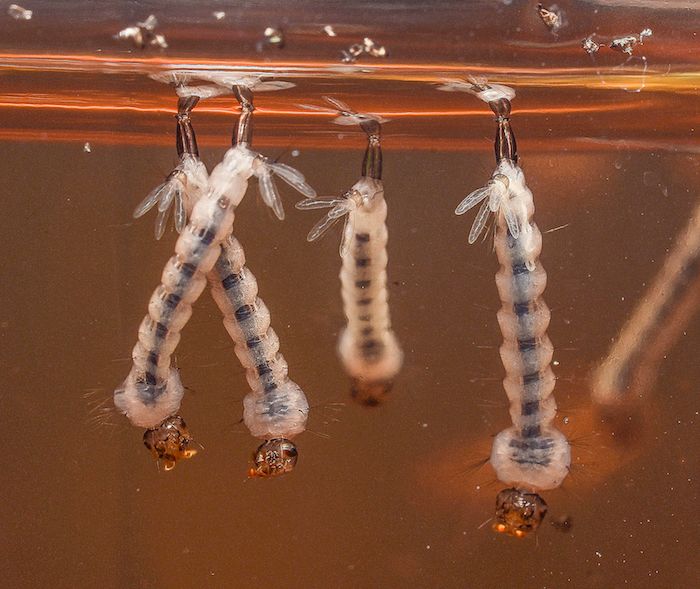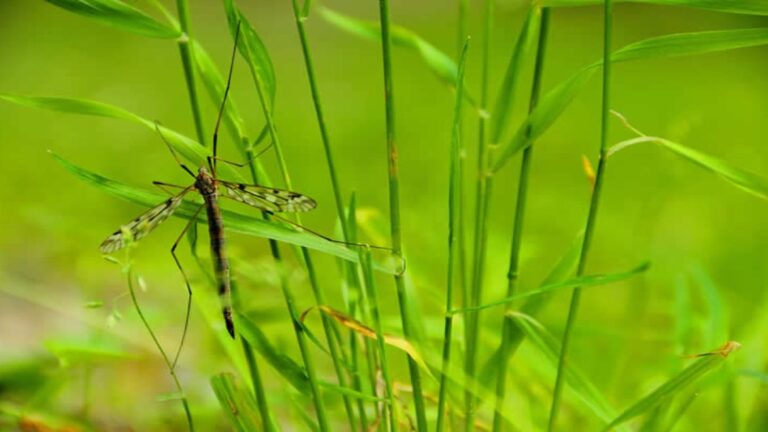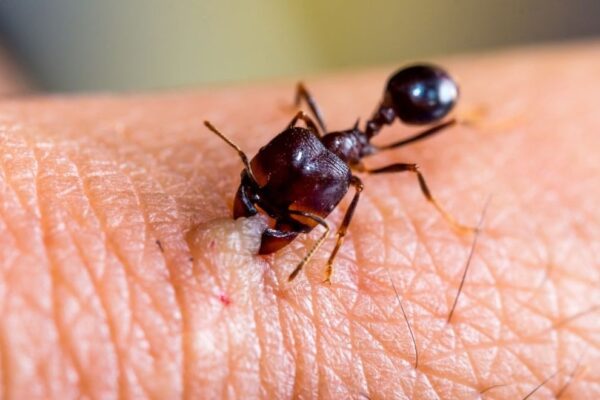It’s critical to understand where to look for mosquitoes, their eggs, and their larvae in order to effectively control mosquito populations. But where do mosquitoes live when they are not ruining your cookout or pool party?
You can avoid being bitten by mosquitoes by being aware of their habitat. Look at the areas where mosquitoes are most likely to be found.
Mosquito Habitats
Mosquitoes favor warm, tropical environments. However, they are tough and adaptable to a variety of environments, which is why you can find them all over the United States. Despite their adaptability, they have trouble surviving when it is too cold.
Moisture is also essential for mosquito development and reproduction. Female mosquitoes lay their eggs near the water’s surface or in places where it might rise. Additionally, mosquito larvae and pupae grow in water.
These bugs enjoy the marshes, ponds, lakes, forests, tall grass, and overgrown vegetation areas as hiding places. Numerous species will benefit from any standing water they can find, even though different species prefer various types of water and habitats.
When they locate a reliable water source, they will remain nearby. Permanent bodies of water or floodplains are two different types of mosquito habitats.
How Do Mosquitoes Live?
A mosquito’s life cycle involves living in a variety of environments, despite the impression that they only inhabit your backyard and eardrums. These environments include tall grass, hollow logs, under leaf litter, and standing water (ponds, puddles, wetlands).
Mosquito Eggs
Mosquitoes spend the first few months of their lives in water. Eggs may be laid in wet soil, in floodplains, or in standing water, but water must be present for the eggs to hatch. Since standing water attracts mosquitoes, getting rid of it from your yard is a good way to reduce the number of them.
Mosquito Larva & Pupa

Mosquito larvae spend their entire life growing in water and consuming bacteria, algae, and other organisms. The mosquito larva develops into the aquatic pupa stage after four molts. The adult mosquito then breaks free of its protective casing, dries its wings, and takes flight.
As you can see, water is crucial to mosquitoes’ development from eggs to adults.
Adult Mosquitoes
Within 28 hours of emerging from the pupal stage, mosquitoes start reproducing as fully grown adults. For mating to occur, females need a blood meal. Adult mosquitoes rest in tall grass, hollow logs, trees, or stumps, under leaf litter, or when they are not out seeking blood or laying eggs.
Why Are Mosquitoes Attracted To Water?
Compared to non-aquatic types of insects, mosquitoes have a different relationship with water.
Generally, nature has two types of aquatic animals:
- Those that live in water but get oxygen from the air (whales and mosquitoes)
- those who breathe oxygen directly from the water they live in (fish).
Most insects that fall under the first category, such as mosquitoes, must periodically travel to the water’s surface to expel carbon dioxide and take in new oxygen.
Do Mosquitoes Able To Live In Dry Areas?
Mosquitoes thrive in areas with standing water. They can, however, survive in drier environments. Only about an inch of water is required for mosquito eggs to hatch. More urban areas are frequently home to Asian tiger mosquitoes.
They lay their eggs in water-filled containers like old tires and watering cans. Mosquitoes can exist even if you don’t live close to a body of water. They utilize any moisture they can come across.
When Do Mosquitoes Emerge?
The time of day when mosquitoes are active will depend on the individual species. For instance, members of the genus Aedes — which can carry pathogens that may cause diseases are more active during the day, especially in the morning and afternoons.
Mosquitoes known for carrying diseases that could spread West Nile are more active at night. These mosquitoes are called Culex. Around dusk, activity levels for all mosquito species are typically at their peak.
Understanding the mosquito life cycle makes it obvious why it’s a good idea to keep your yard’s standing water to a minimum.
Making sure that all water is removed from used tires, flower pots, and buckets, as well as plugging any potential water-puddles, will help you achieve this.
In addition, make sure your storm gutters are cleaned, replace the water in birdbaths, and think about adding pumps to fish ponds or other water features.
What Can You Do To Reduce The Mosquito Population In Your Yard?
To get rid of any mosquitoes in your yard that are preventing you from enjoying the outdoors, call Mosquito Joe. Here are some measures you can take to make sure mosquitoes aren’t bugging you:
- Ponds, birdbaths, fountains, buckets, children’s toys, and anything else that may collect water should all be regularly emptied.
- To prevent stagnant water from forming, drill holes in tire swings, trash cans, and recycling bins.
- Cut back on the length of your grass and shrubs because adult mosquitoes congregate in shaded areas to rest.
- Gutter cleaning will help you avoid standing water.
- A fix for outdoor faucet leaks.
- By purchasing a barrier treatment that guards your yard against mosquitoes, ticks, and fleas, let Mosquito Joe be your second line of defense.
How Do You Get Rid OfMosquitoes?
Mosquitoes are annoying, and nobody wants to deal with them in their yard. Thankfully, there are methods available to help you get rid of them.
- Spot Treat: A product derived from plants can be used to repel mosquitoes. Flying Insect Killer, Mosquito Fogger, and Our Home Bug Spray all effectively eliminate mosquitoes on contact. Natural plant oils are their main active ingredients, and they work well to kill and deter pests.
- Use a Bug Spray: Our natural insect repellent is DEET-free and made from plants. It may aid in preventing mosquitoes from biting you and your loved ones.
- Perimeter Treatment: Additionally, you can use our Yard Bug Spray and Mosquito & Tick Killer to treat your lawn. They eliminate insects directly upon contact and leave behind a repellent scent that keeps insects away from your yard.
When it comes to choosing a place to live, mosquitoes aren’t particularly picky. The key to preventing their arrival is to comprehend their ideal environment.





